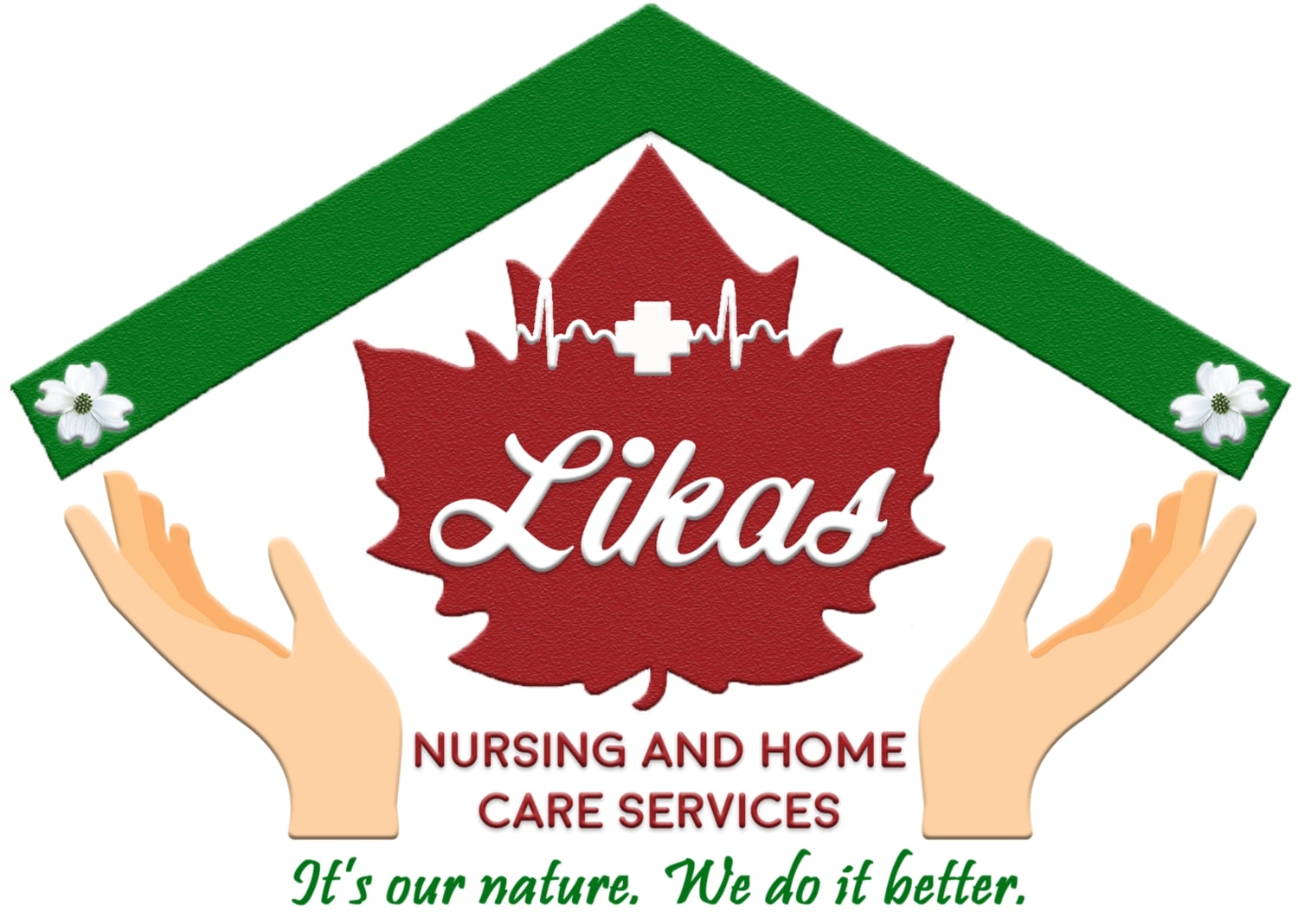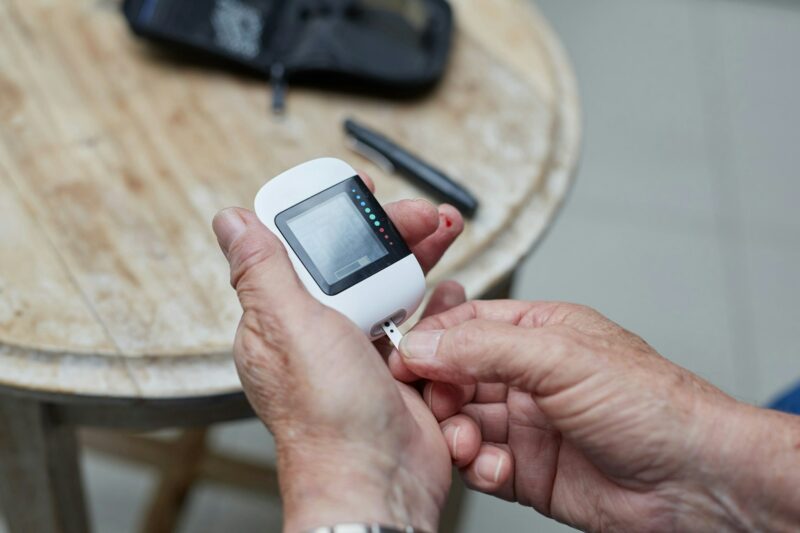
Anti-hypertensives, anti-hyperglycemic agents, medications for increased blood cholesterol, pain relievers… There are many diseases that age predisposes to. As such, it is no surprise that elderly people, especially those with chronic illnesses, have a lot of maintenance medications.
Polypharmacy risks
Polypharmacy is defined as the regular use of at least 5 medications. Having numerous maintenance medications may be necessary to manage certain conditions, but there are also risks involved. It can therefore be sometimes difficult to keep track of and remember when to take each. In addition, as each drug has its own side effects, taking more drugs can lead to adverse drug reactions and drug interactions. In addition, age-related changes in the body, such as weight loss, increased fatty tissue, and decreased efficiency of the liver and the kidneys in drug metabolism may also increase the risk of side effects.
Other possible negative consequences of polypharmacy include a decreased quality of life, increased risk of frailty and falls (regardless of the type of medications used), and medication non-adherence. This is likely due to some impairment in memory, hearing, and vision.
Risk factors for polypharmacy
If there are a lot of possible negative consequences for polypharmacy, how and why do a lot of individuals end up with a long list of medications?
It is recognized that the number of medications an individual increases based on patient-dependent and healthcare system-dependent factors. Patient-dependent risk factors include an age greater than 62 years, cognitive impairment, developmental disability, multiple chronic conditions, having no primary care doctor, and consulting multiple subspecialists. The last two overlap with healthcare system dependent factors, unfortunately, as they coincide with poor medical record keeping and transition of care.
Medication management
Medication management simply refers to ensuring that an individual is able to safely take all necessary prescriptions while minimizing risks. The practice of medication management should be accomplished by a team of health professionals, which may include the doctors, nurses, care aides, and pharmacists.
If you or your loved one is feeling overwhelmed with the number of medications, there are some strategies you can use to keep this under control.
- Have a list of all your medications. This includes all prescriptions, over-the-counter medications, and supplements (herbal, vitamins). Your list should include the name, dosage, and frequency/timing of each medication. This way, you have a ready list when you attend medical appointments and, in the event of an emergency, first responders will have adequate medical history and know better what to do.
- Have your prescriptions filled in one pharmacy, so that they have a record of everything that you are taking. This is also helpful because pharmacists, once in a while, conduct a review of medications to minimize drug interactions and to clean up the list of unnecessary drugs.
- If there is anything that you don’t understand about how or when to take your medications, or even why or how the drug works, ask your doctor or pharmacist. This way, they can reconcile if the prescription is really necessary.
- Know the potential side effects of each drug that you are taking. In particular, ask your pharmacist for possible drug interactions. If you experience any of the possible side effects, let your doctor know as soon as possible.
- Develop a system so that you can remember to take your medications correctly. Your pharmacist can recommend a simple pill box or other more sophisticated devices such as medication dispensers. It may help to organize your medications a month in advance (4 weeks), so that you don’t have to fumble with them every time.
- Inform your caregivers and the family members who help you take care of yourself, so they can assist you with managing your medications.
- Keep your medications in their original containers, with the labels and dosing information intact. This will prevent misidentifications and errors in taking your medications. Also try to keep them in one place for easy access for you, in a cool dry place and away from children and pets. You can also possibly use separate bins for backup supply or for occasionally used pills.
- Develop a routine for taking each medication, especially if food impacts absorption. Your routines will prevent you missing a dose. You can also set up recurrent alarms to remind you to take your medications. Also important is a tracking system to monitor if you’ve taken a dose and if you have missed doses.
- Keep track of when to refill prescriptions. Depending on the dosing, you may be able to ask your physician to combine refills to make that trip to the pharmacy (or their delivery) worthwhile.
- Check expiry date of medications, and do not take expired medications. Instead, return them to your pharmacy for proper disposal.
- Do not stop taking any medication just because you feel better or do not have any symptoms. It is best to check with your doctor before stopping a medication.
- In the same way, do not take a new over-the-counter drug or a new supplement without first checking with your doctor and pharmacist.
Conclusion
Managing medications may be daunting, but effective management is key to you and your loved one’s independence and quality of life.
Should you need help managing medications or a healthcare provider who can advocate for you during your doctor and pharmacy visits, Likas Nursing and Home Care will be there for you. We provide individualized care plans optimized with our client’s needs and preferences and in consultation with the rest of the care team. Contact us for your consult today.



